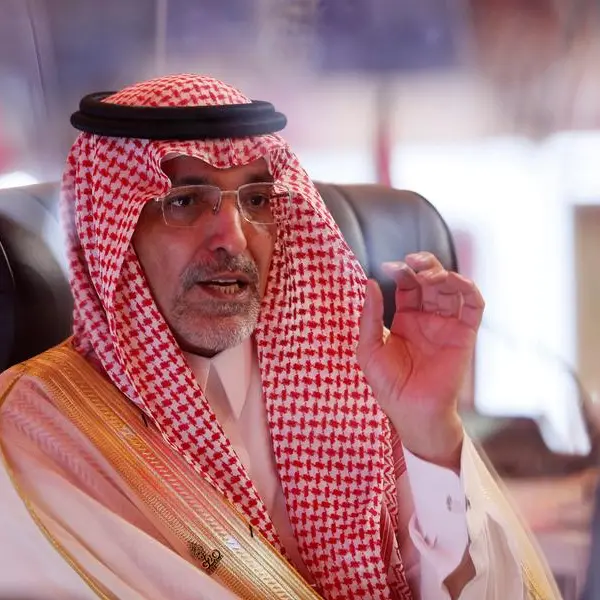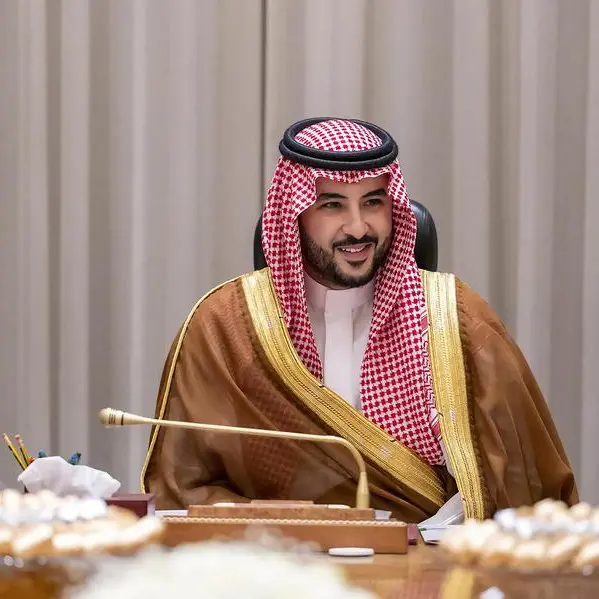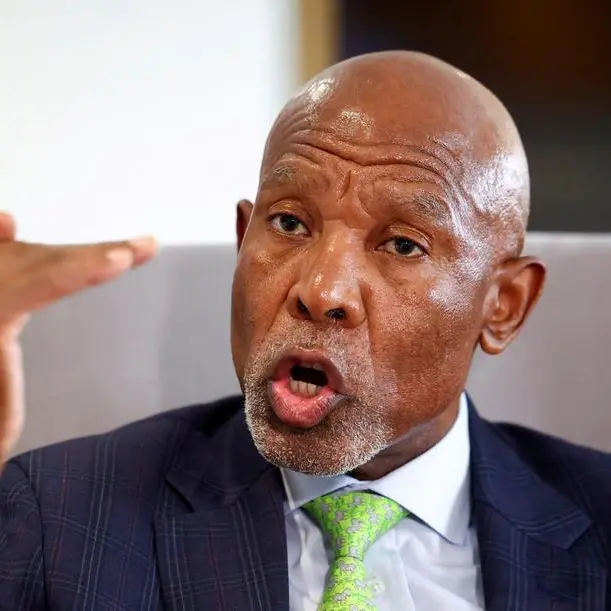The royal decree to grant Saudi citizenship to expatriates with outstanding capabilities and backgrounds in rare specialties has been warmly greeted as yet another bold move in advancing the Kingdom’s economic and human capital development in line with Vision 2030.
The decree comes on the heels of introducing the Premier Residency program, or so-called golden visas, for select expatriates who can demonstrate their health, financial solvency, and a clean criminal record, albeit paying some significant fees for either permanent residency or renewable one-year permits.
The Saudi golden visa provides many benefits to visa holders such as the freedom to buy property, own or operate a business without Saudi sponsors (and reduce “tasattur” or shadow ownership business activities), sponsor family members, and exit the country without permission.
The trend in the Gulf is to attract the most innovative talent, either through selective citizenship programs or golden visas. Expatriates who fit into these two categories are now deemed as valuable assets rather than liabilities, and a vehicle to spur long-term foreign investment in many sectors, such as real estate and high-tech business, to spur ambitious development plans in the various Gulf countries.
It is no surprise that the targeted expats will be drawn from areas of economic importance like medicine, renewable energy, agricultural science, space, artificial intelligence and the Internet of Things.
The UAE was one of the first Gulf Cooperation Council countries to introduce its golden visa scheme, approved in 2019, which grants 10-year residency to five types of expatriates: Investors, entrepreneurs, chief executives, scientists and “outstanding” students with no restriction on age.
The advent of all these new policies in the Gulf undoubtedly signals a change of thinking about foreigners from the old labor model, which saw expatriates come to do a certain job and then leave. The new golden visas, whether the UAE or the Saudi model, are meant to facilitate business and create an attractive and encouraging investment environment. For Saudi Arabia, the ambitious Vision 2030 projects require both foreign-created business and partnerships that assists in creating new Saudi employment.
Other GCC countries have also followed suit, with Qatar issuing five-year residency to investors, and each year 100 expatriates receiving permanent residency granting them commercial rights.
Bahrain announced in 2018 its intention to introduce similar self-sponsorship visa schemes for 10-year residency. Whatever schemes are adopted, it will help to change popular perceptions that expatriates are only present to take more than they give back to their host societies.
It is not only in the Gulf countries where the search for international talent is taking place, as many countries have similar programs whereby long-term residency visas are granted through a flat fee, with the Canadian model being the most successful but other countries like Latvia, Montenegro, Panama, Thailand and even the UK adopting this path.
Concerning the granting of citizenship, international bodies in the EU and Transparency International have flagged areas of concern that some countries are not carrying out appropriate background checks on citizenship applicants, leading to citizenships being given to corrupt and criminal members, as the investigation into Cyprus issuing such citizenship with access to the EU has revealed, and the program has now been suspended.
More details of the actual mechanism and specific requirements will be released on Saudi Arabia’s citizenship decree, especially in clarifying whether granting Saudi citizenship might entail giving up current citizenship, and on what grounds the acquired citizenship might be taken away as this is a sovereign right.
Other questions that need clarification is whether granting new expat citizenship is to be limited through a Saudi government select committee nominations process, based on public interest, or through an open application submission process, whether such citizenship will only be granted to those already in the Kingdom, and how many years of residency can be granted to expatriates with exceptional talent in the specified fields.
Whatever is rolled out, the citizenship and golden visa programs are to be warmly welcomed as they also signal more self-confidence by Gulf societies to welcome those who wish to take a long-term stake and commitment to their new host countries.
Giving key expatriate talent a long-term stake will inevitably contribute to the economies of the GCC states in the medium-term but, in the end, fostering local entrepreneurship talent and investment would be more sustainable in the long-term and more aligned with national Vision programs.
• Dr. Mohamed Ramady is a former senior banker and professor of finance and economics, King Fahd University of Petroleum and Minerals, Dhahran.
Copyright: Arab News © 2021 All rights reserved. Provided by SyndiGate Media Inc. (Syndigate.info).




















